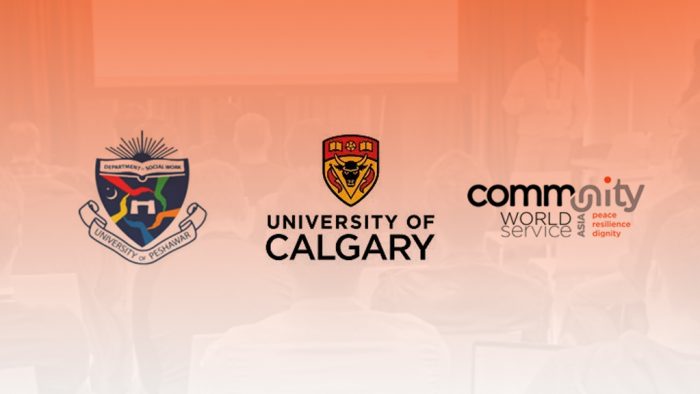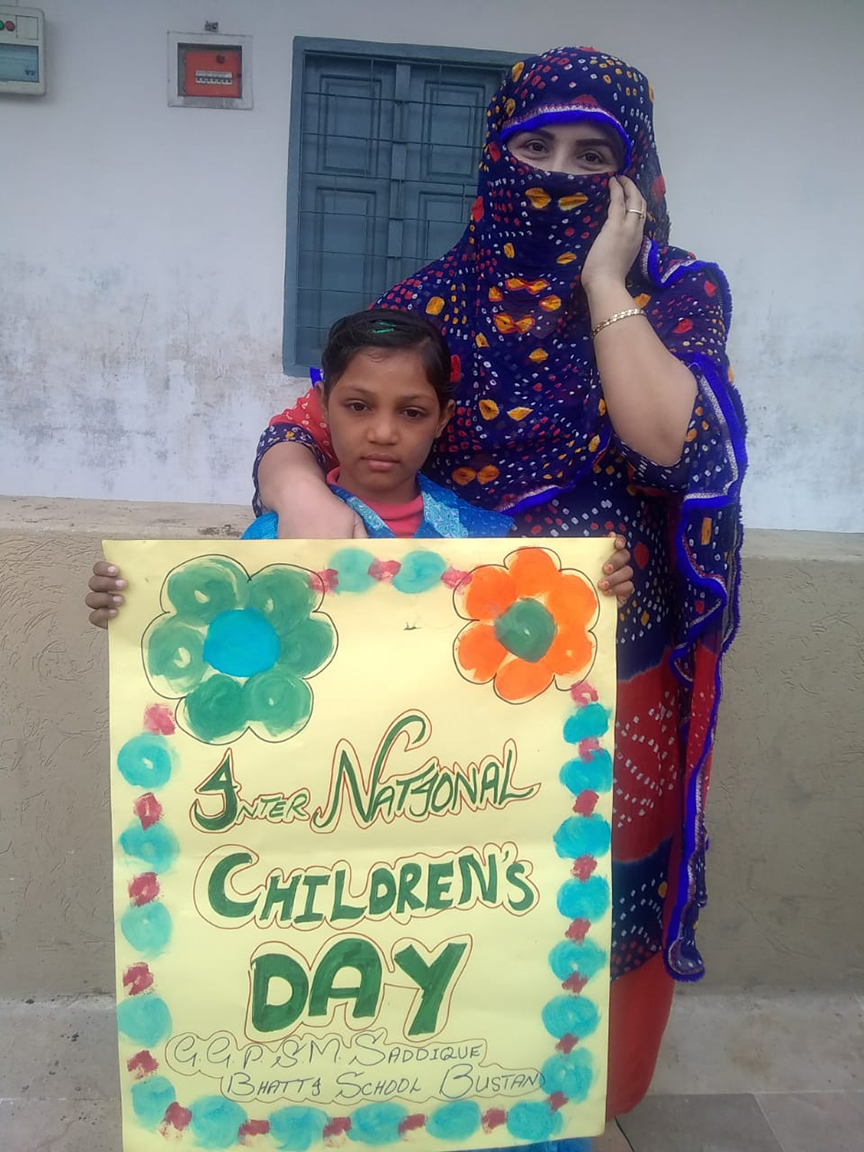
Zohra, a student of class four, is an intelligent girl who studies well and has been a class monitor from the day she joined school due to her remarkable academic and extra-curricular performance. A few months ago, Zohra’s teachers observed that she had started being irregular in school and when one teacher, Naureen, asked her why, she started crying but did not say why and left school abruptly that day.
shared Naureen.Zohra often spoke about becoming a doctor after completing her education. She had such great dreams for herself. I was worried about her and wondered how and why such a good student would lose interest suddenly,
Zohra stopped coming to school one day. After waiting for a week, I called Zohra’s mother but she did not agree upon meeting me or any of the school faculty. I waited one more week and called again and this time I insisted for her to meet me.
Her teachers shared Zohra’s excellent performance results with her mother and asked her the reason behind her leaving school suddenly. Zohra’s mother was very happy to hear of her daughter’s performance in school and of her being assigned the class monitor. She heard this information for the first time. Since most parents in rural areas have little interest in the education of their daughters, she had never bothered asking about how her children performed at school. But to know this now, she felt very proud.
After repeatedly being questioned by the teachers, Zohra’s mother replied,
We have six children and all of them have dropped out of school. My husband has been diagnosed with cancer and is unable to work anymore. His was our only source of income. We can barely afford food to eat for the family, therefore paying for our children’s school fees has become unthinkable. Moreover, we feel that educating girls is not that important anyway because they will be at home washing dishes and cooking food eventually. In this difficult situation of ours, my daughters will stay home and will manage household chores while my sons will find work on daily wages.
Listening to Zohra’s mother, her teachers expressed sympathy but still tried to encourage her to send her daughters to school.
It was difficult to convince Zohra’s mothers who was burdened with the family’s responsibility and was facing many challenges at home but she agreed at last.Many families here are living in challenging conditions but we have to deal with these issues and cannot let them impact our children’s future. It is difficult to totally eradicate our issues but we can still educate our children so that they have a better future.
The teachers assured Zohra’s mother that the school will take care of the monetary expenses of their daughter’s education.Fine, the girls can continue their education but who will bear the educational expenses. We have no money to anymore.
A day later, the teachers spotted Zohra and her sister present at the morning assembly in school. They were overjoyed to see them and to realize that their efforts in convincing their mother had worked.
A School Management Committee (SMC), has been established in Zohra’s school under the Education project [1]implemented in the district. These SMCs are set up to increase the participation of communities in the functionality of their local schools and improve education quality and strengthen accountability to the principles of positive learning environments and inclusive education.
Along with mobilizing public awareness on the importance of education for children and girls, the SMCs also work towards enhancing parents community participation in the school and provides mechanisms for more effective management. The committee also monitors the teachers’ attendance, school enrolment trends and builds awareness amongst parents on the long-term benefits of education for their children. Teachers are also part of these SMCs. Zohra’s teachers, including Naureen, are members of her school’s SMC. As part of the SMC, they have also been trained on ‘Positive learning Environment’ which focused on teaching members the significance and ways of ensuring inclusiveness, promoting gender equality and providing access to quality education to all children. Naureen has played an important role in bringing Zohra back to school to ensure that she is provided consistent access to quality education.
[1] Early Childhood Care and Education Project-July 2018-June 2020 in Collobration with Act for Peace and Ausaid and support of Presbyterian World Service & Development (PWS&D)

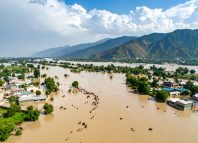



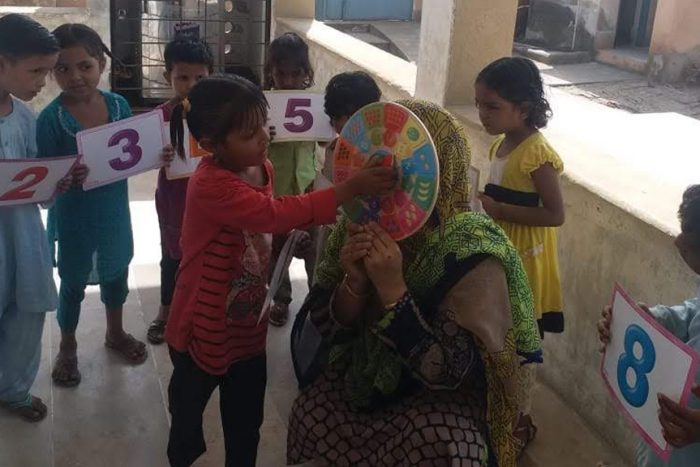
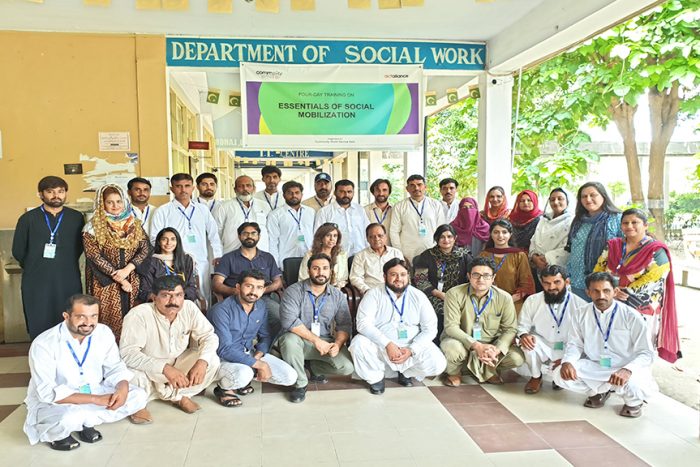
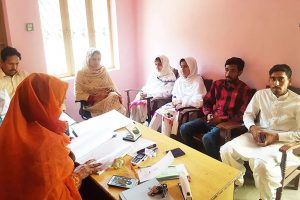
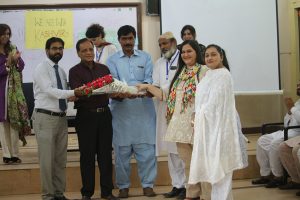
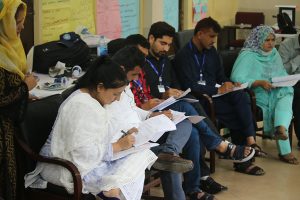
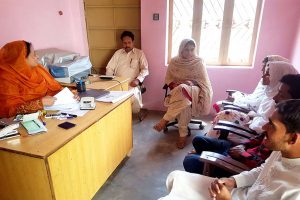
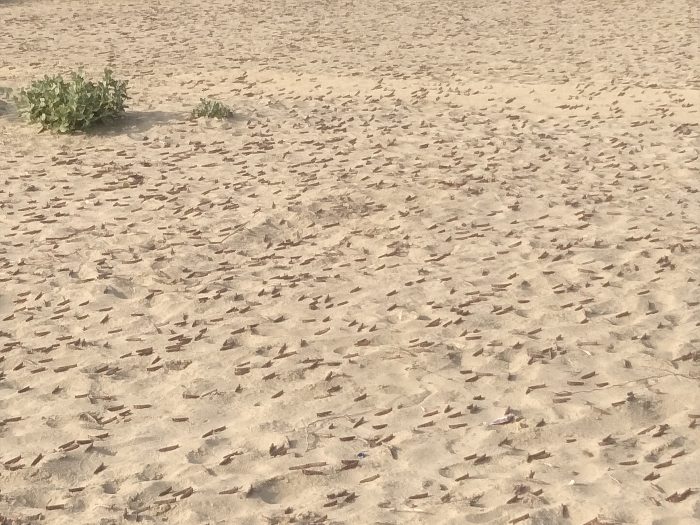
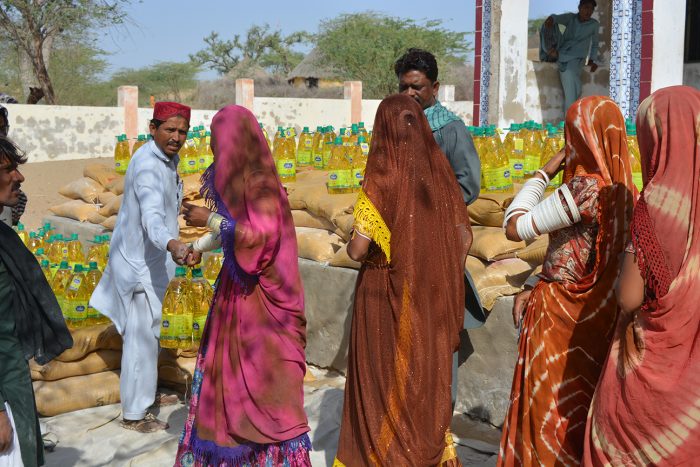
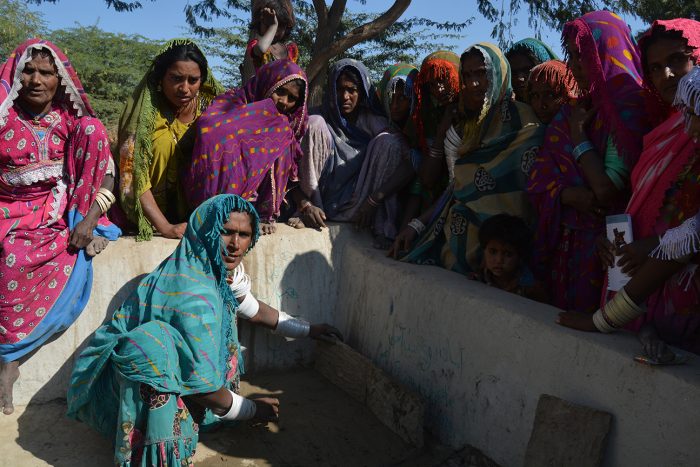
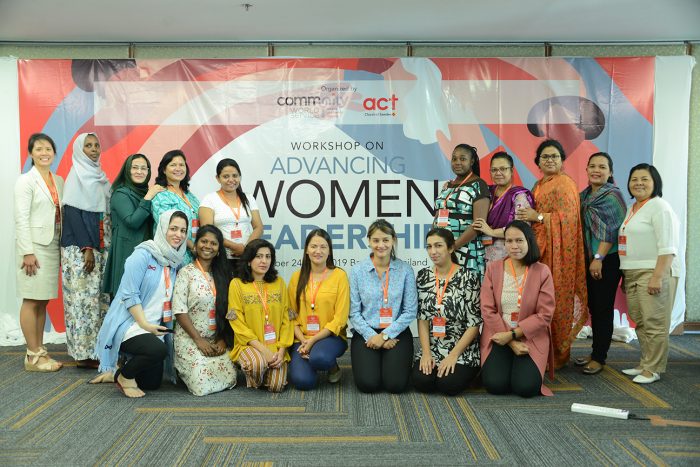
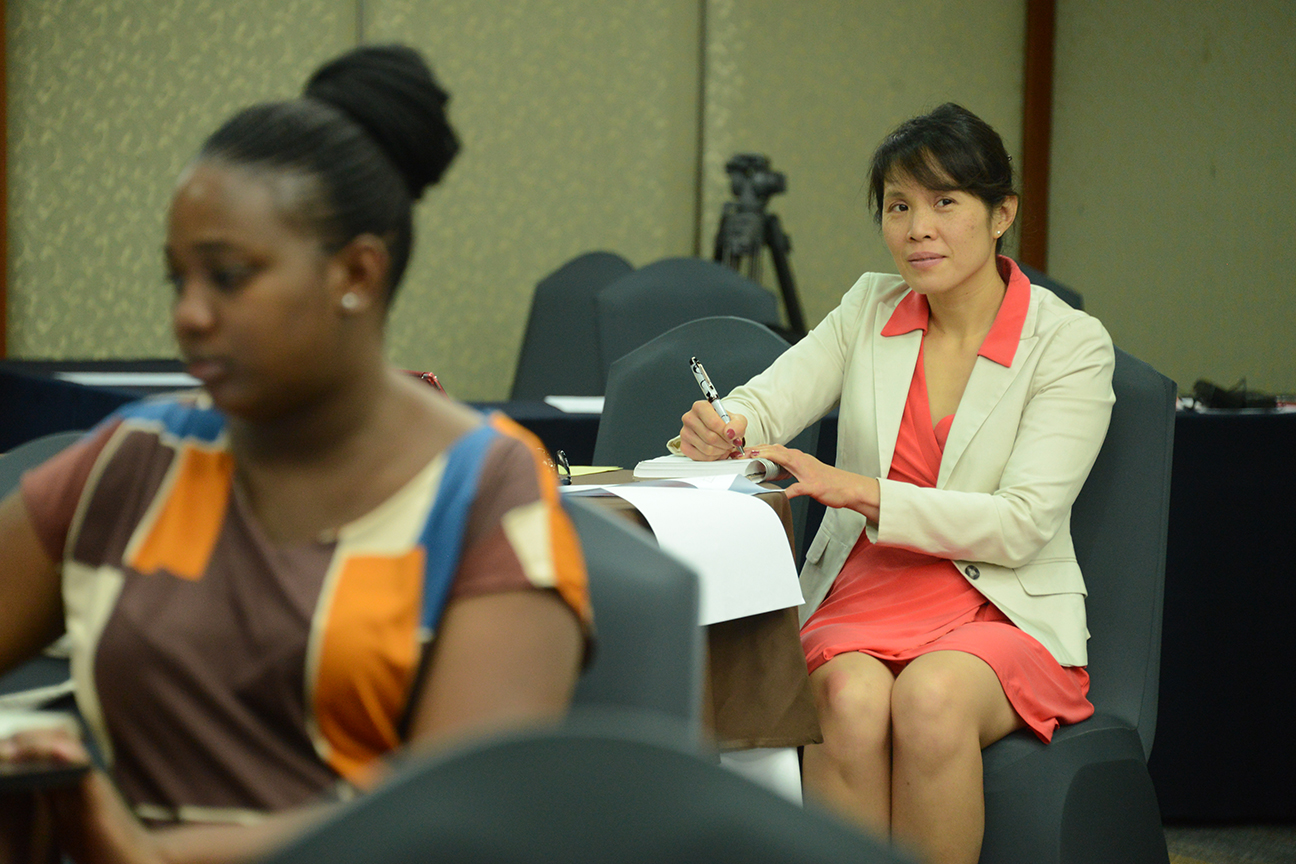
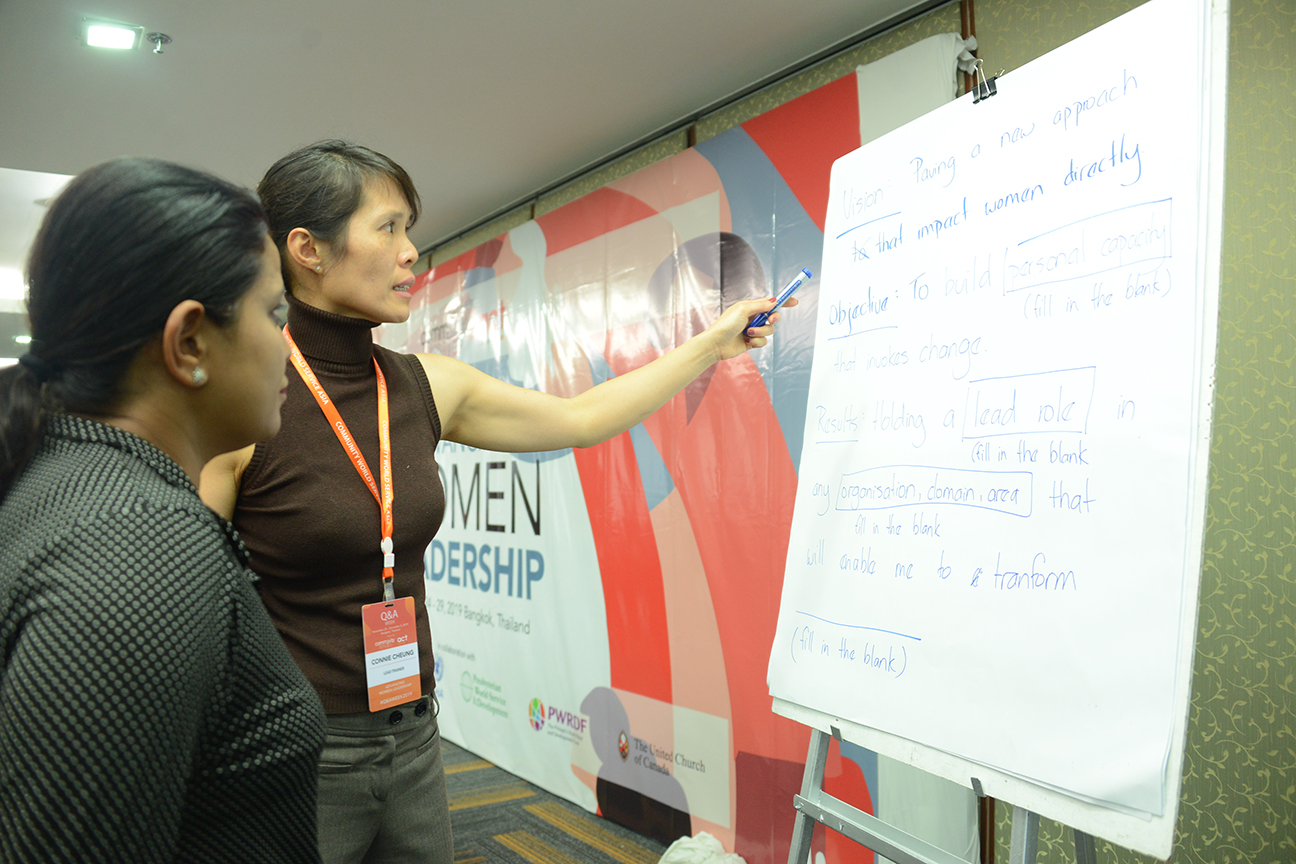
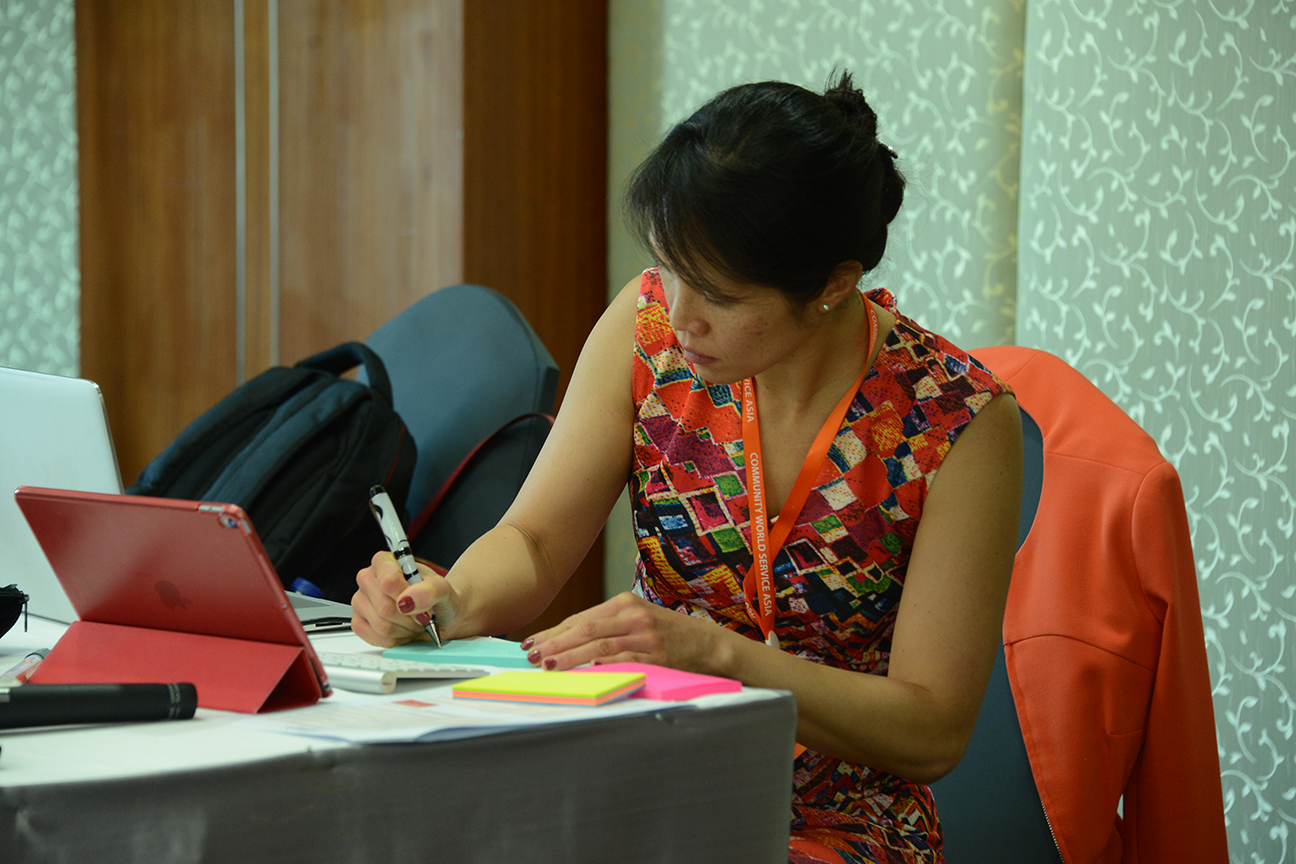
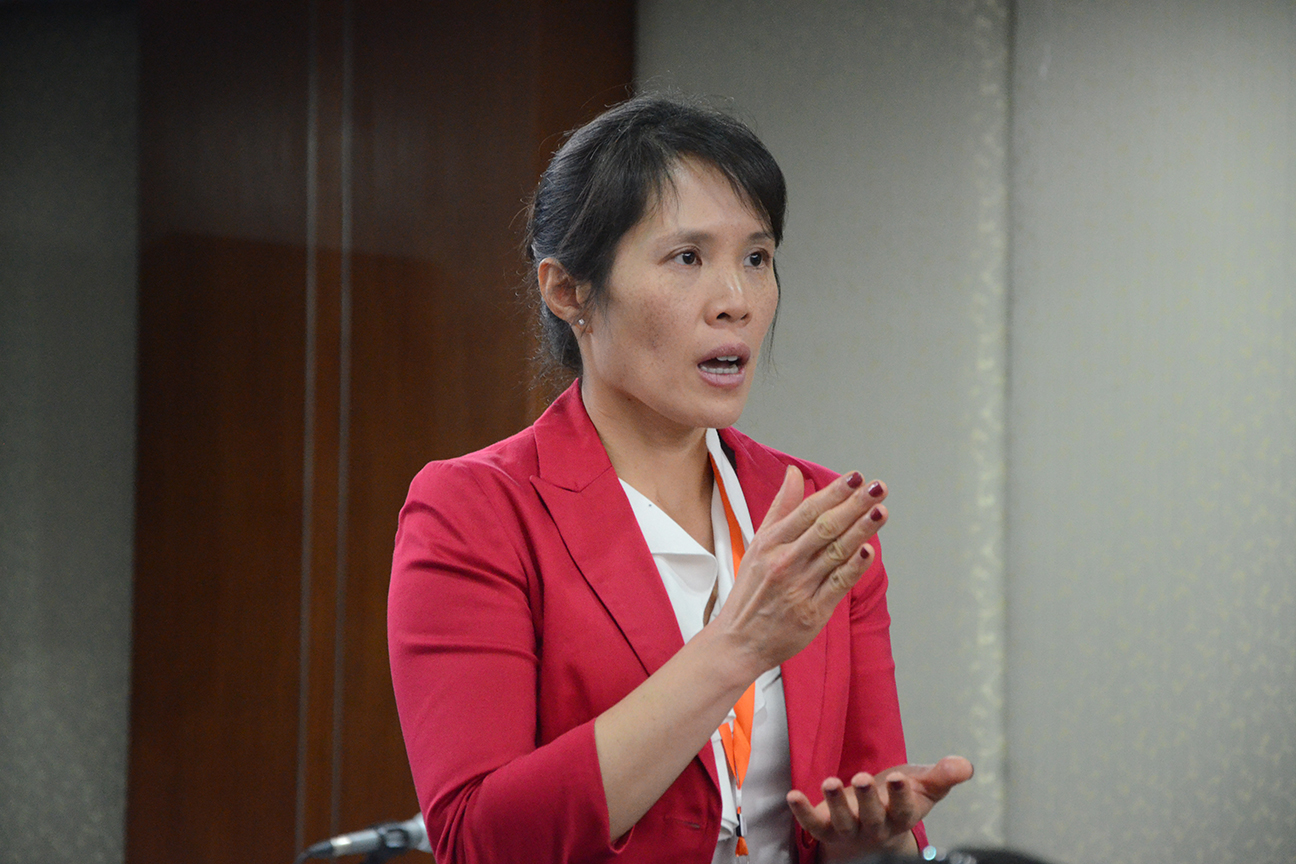
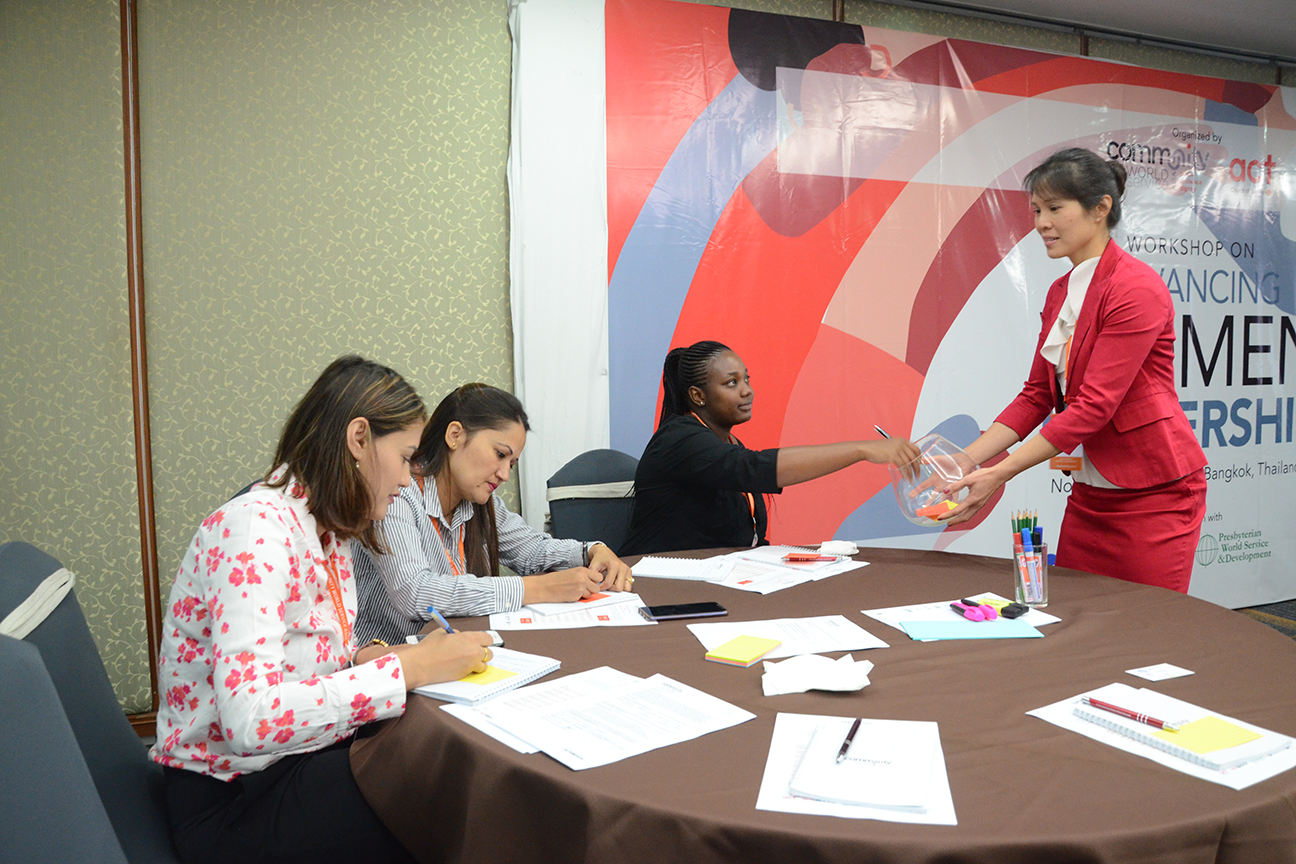
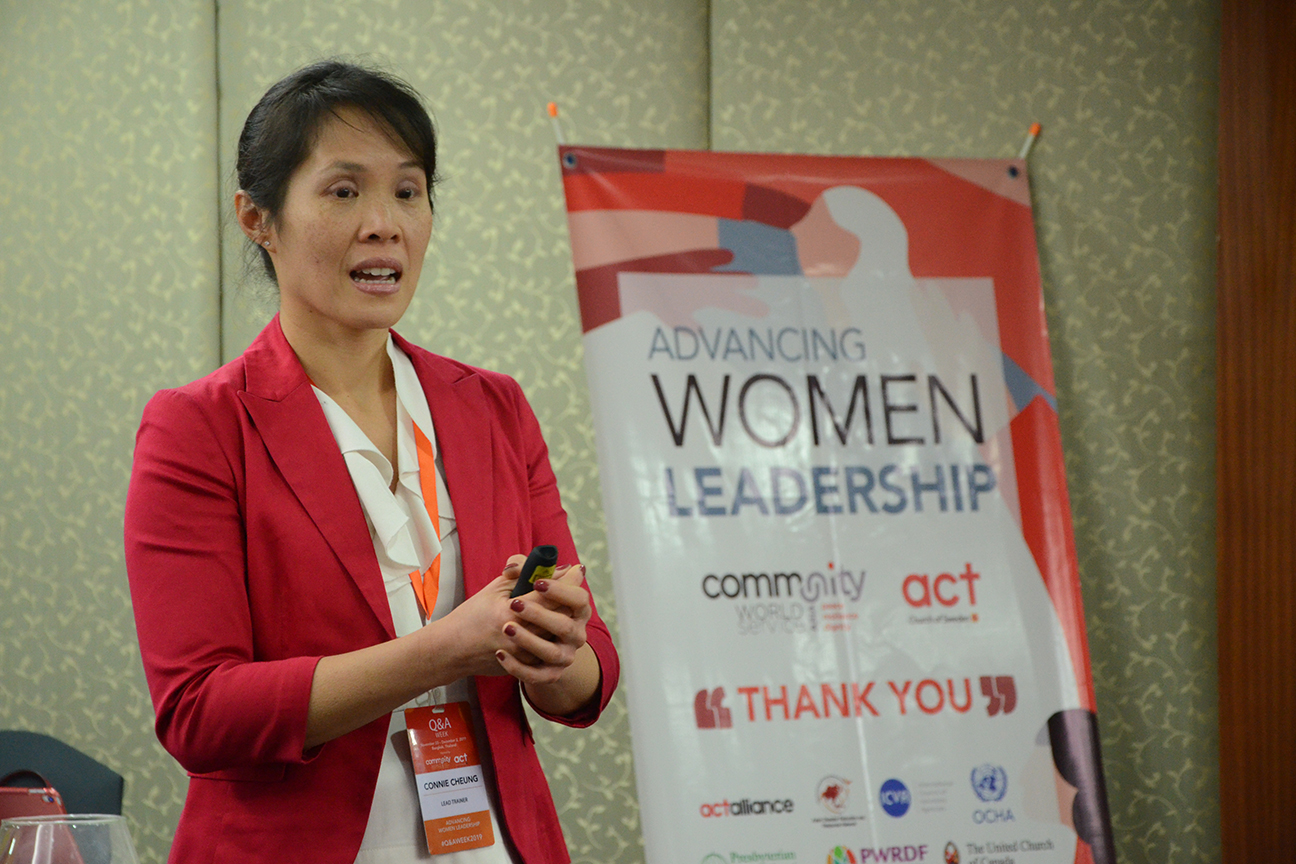
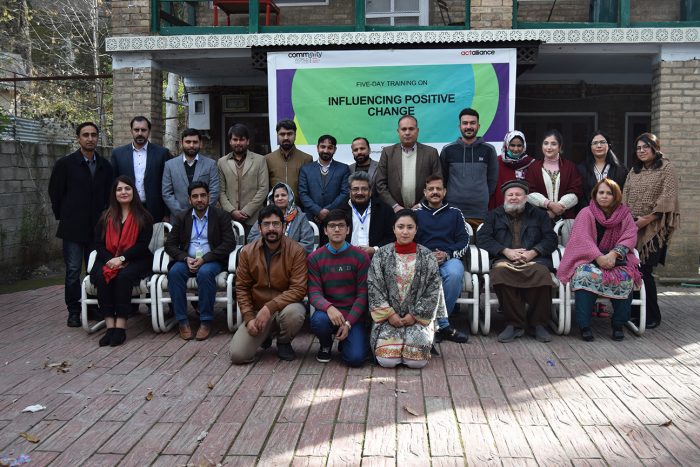
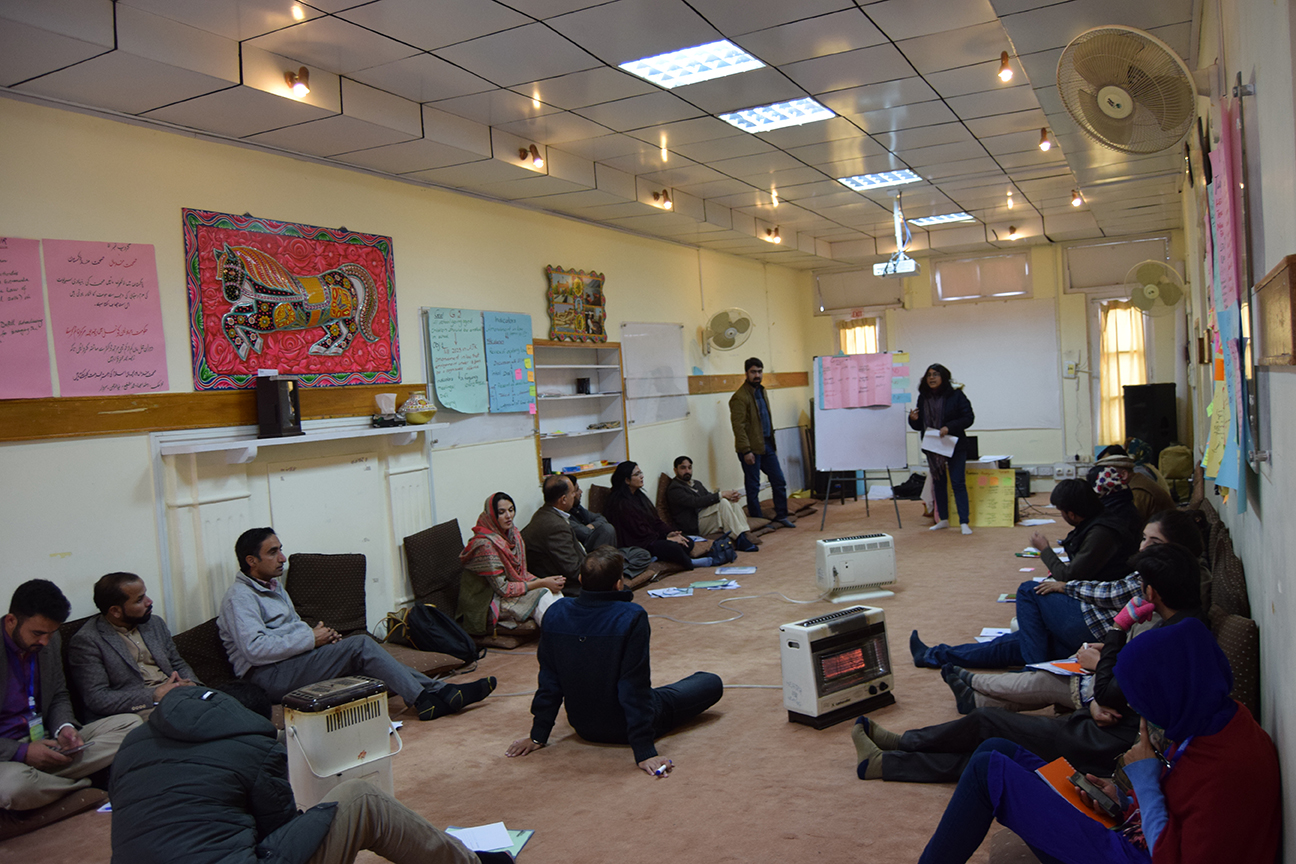
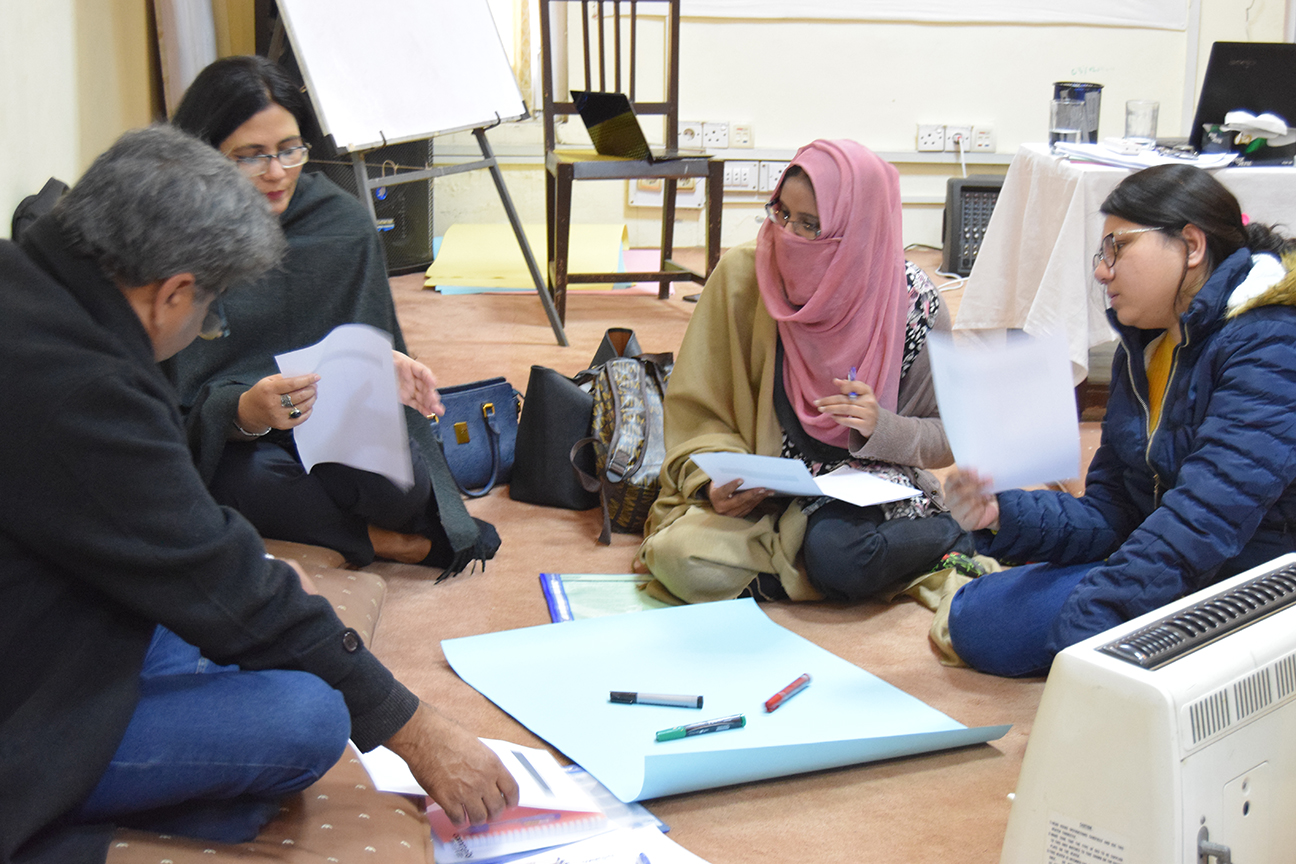
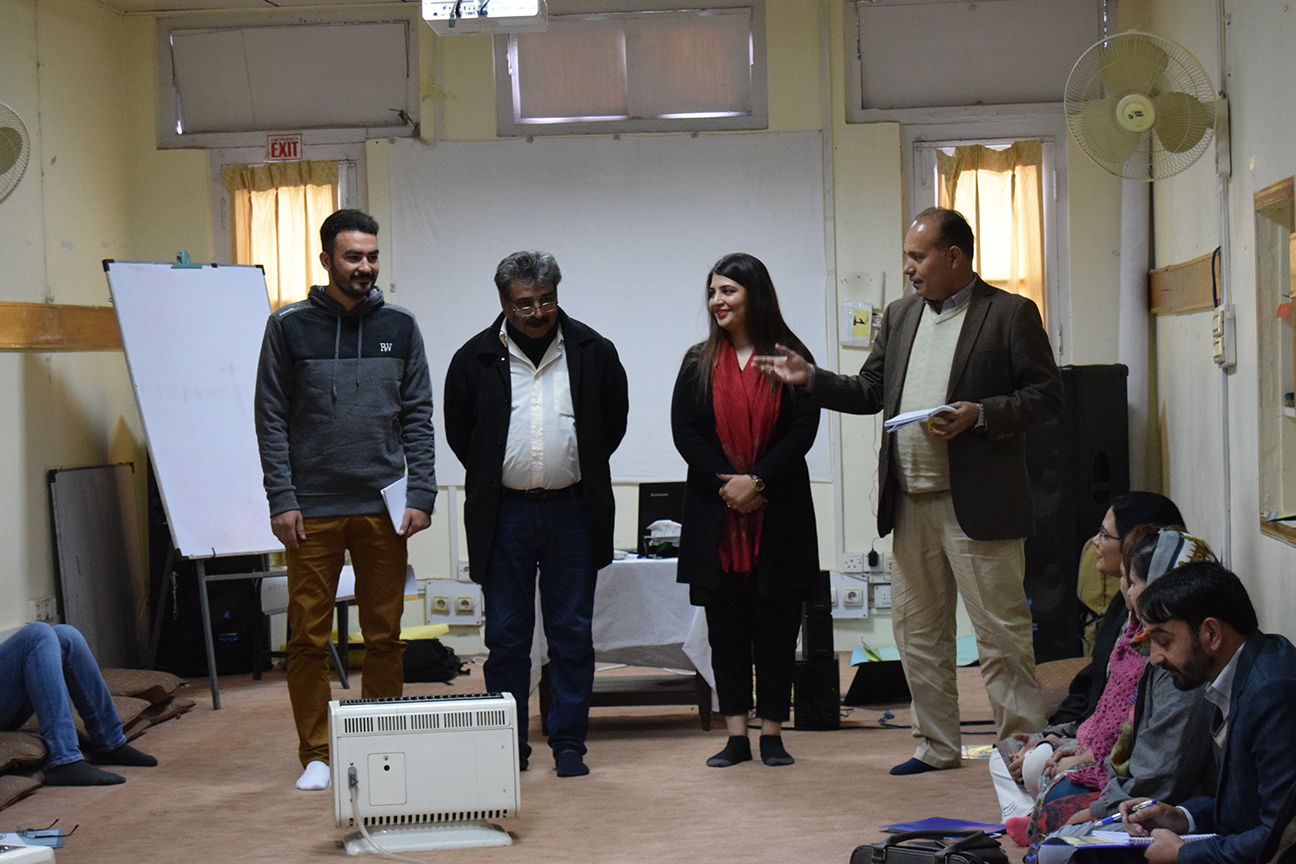
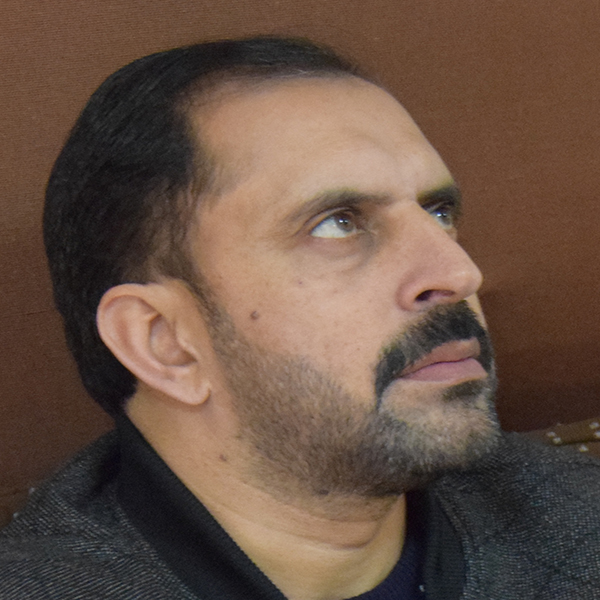 “The training on Influencing Positive Change was a great learning experience. Aftab, our lead trainer, an energetic and motivational person kept us engaged throughout the sessions. The participatory approach allowed us to engage, interact and learn from each other’s’ experiences.” Sardar Shahzeb Hanif, Read Foundation
“The training on Influencing Positive Change was a great learning experience. Aftab, our lead trainer, an energetic and motivational person kept us engaged throughout the sessions. The participatory approach allowed us to engage, interact and learn from each other’s’ experiences.” Sardar Shahzeb Hanif, Read Foundation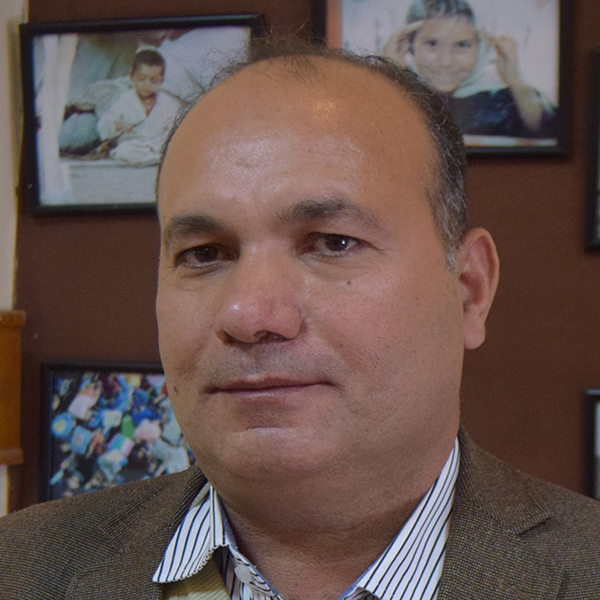 “The training was really thoughtful, and according to the needs and expectations as mentioned in the baseline and Training Needs Assessment. The activities during the training has advanced my knowledge on stakeholder analysis, behavior change communications, political analysis and monitoring and evaluation in the process of influencing for positive change. The contents delivered during the sessions were well planned and informative.” Dr. Muhammad Shafi, Brook Pakistan
“The training was really thoughtful, and according to the needs and expectations as mentioned in the baseline and Training Needs Assessment. The activities during the training has advanced my knowledge on stakeholder analysis, behavior change communications, political analysis and monitoring and evaluation in the process of influencing for positive change. The contents delivered during the sessions were well planned and informative.” Dr. Muhammad Shafi, Brook Pakistan